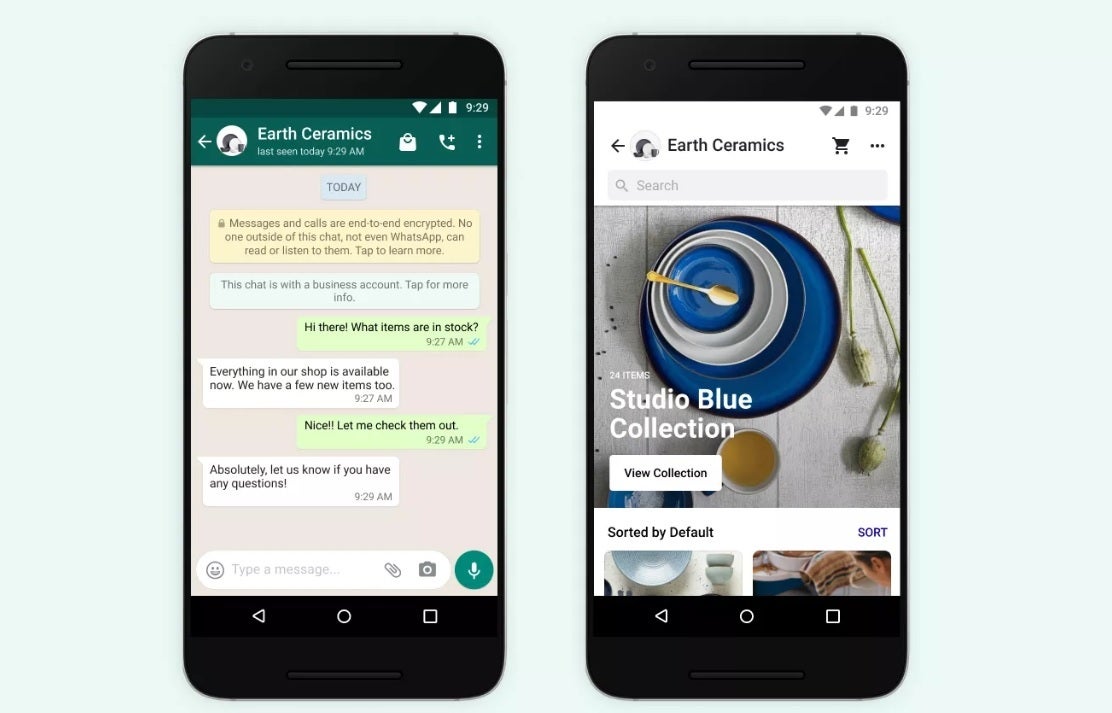When it comes to its new privacy policy, WhatsApp gives up and gives in

During the beginning of the year, WhatsApp wanted its users to agree to a new privacy policy that would force everyone using the messaging app to share personal data with Facebook. Why Facebook? In February 2014, WhatsApp agreed to be purchased by Facebook in a deal that was ultimately valued at $19 billion.
WhatsApp subscribers not exactly thrilled by the idea of sharing their personal data with Facebook
In one of the best tech steals of all time, in 2012 Facebook paid a rumored $1 billion for Instagram. Now, the latter has an estimated valuation of $102 billion. WhatsApp at the start of this year demanded that users agree to its new privacy policy that includes sharing data with Facebook. Originally, those failing to agree to the new terms by a certain date were supposed to lose the ability to use certain WhatsApp features like making video and audio calls.

WhatsApp uses end-to-end encryption
The new privacy policy called for WhatsApp users to share data like Profile name, Profile picture, IP address, Phone number and contacts list, App logs, and Status messages to companies like Facebook Payments, Onavo, and CrowdTangle. Early in May, WhatsApp said that it wouldn't delete a user's account if he/she didn't agree to the new policy, but would constantly remind them to do so. WhatsApp then said that if a user didn't agree to the privacy terms by May 15th, he/she would lose functionality of the app over time.
In a statement released to TheVerge, a WhatsApp spokesman stated that the company was reversing field again when he said, "Given recent discussions with various authorities and privacy experts, we want to make clear that we will not limit the functionality of how WhatsApp works for those who have not yet accepted the update." WhatsApp also said in a support article online that "because the majority of users who have seen the update have accepted, we'll continue to display a notification in WhatsApp providing more information about the update and reminding those who haven’t had a chance to do so to review and accept."
WhatsApp says that those who have not yet accepted the updates will be able to do so inside the app. These opportunities will take place "when someone reregisters for WhatsApp or if someone wants to use a feature that's related to this update for the first time."
If you plan not to accept the update, before you decide to delete your WhatsApp account on Android, iOS, or KaiOS, there are things to keep in mind. "Deleting your account is something we can’t reverse as it erases your message history, removes you from all of your WhatsApp groups, and deletes your WhatsApp backups."
WhatsApp offers end-to-end encryption and uses your phone's internet connection to send and receive messages, calls, photos, videos, documents, and Voice Messages. Certain countries have taken their own stand against WhatsApp such as Germany which earlier this month banned it from processing the user data of people living in the country. In Turkey, WhatsApp is not allowed to complete disseminating its update and India asked WhatsApp to remove its new privacy policy from the app.
Facebook concerned about WhatsApp users leaving the messaging app for other secure rivals like Signal and Telegram
WhatsApp was forced to give up and give in in an effort to keep more of its members from jumping to other messaging apps with end-to-end encryption like Signal and Telegram. For the latter though, a "secret chats" feature must be enabled for every contact individually. By the way, you might not be aware that your WhatsApp chats are backed up daily to your phone's memory.
To back up your chats go to WhatsApp > More options > Settings > Chats > Chat backup > BACK UP.
The bottom line is that WhatsApp keeps changing its mind when it comes to how it plans to handle subscribers who won't agree to the new privacy policy. Hearing that user's personal data would have been turned over to Facebook might have been the straw that broke the camel's back.










Things that are NOT allowed: